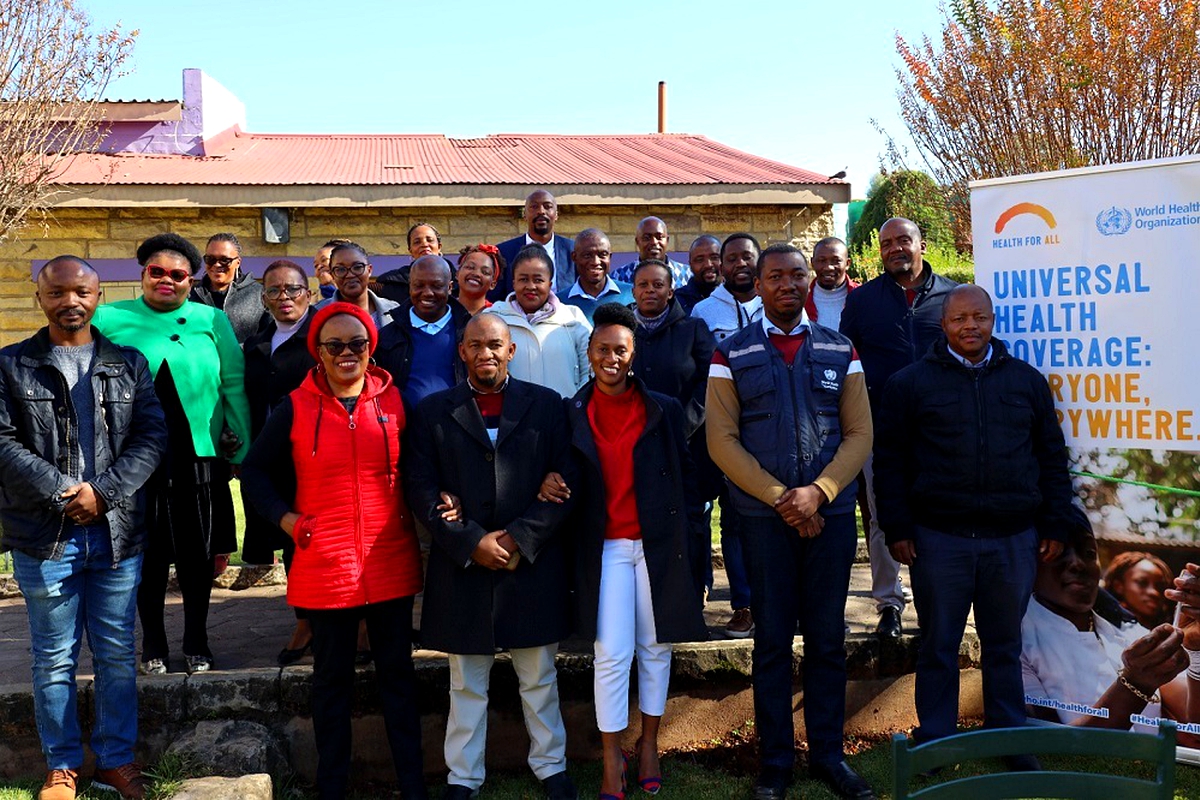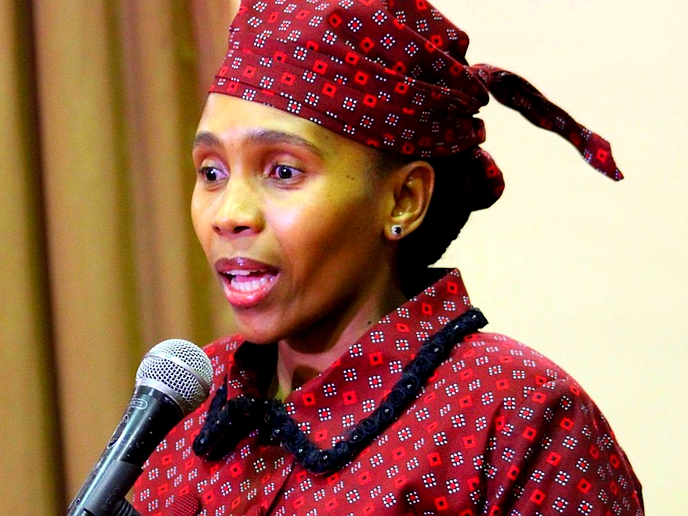TO strengthen public health surveillance in Lesotho using a network of expert systems for early detection of health threats, the World Health Organisation (WHO) recently conducted a training on Epidemic Intelligence from Open Sources (EIOS) for over 20 health specialists from the Food and Agricultural Organisation, (FAO) the Ministries of Health, Agriculture, Food Security and Nutrition, Natural Resources, and Environment.
health
May 31, 2023
WHO News
2 min read
WHO trains health specialists in Lesotho

Participants at the Epidemic Intelligence from Open Sources (EIOS) training
Story highlights
The (EIOS) initiative is a unique collaboration between various public health stakeholders around the globe. Under a common vision, it brings together new and existing initiatives, networks, and systems to strengthen public health intelligence (PHI) by creating a unified all-hazards, One Health approach to early detection, verification, assessment, and communication of public health threats using publicly available information.
EIOS responds to the need for a strong global PHI community that is supported by robust, harmonized, and standardized PHI systems and frameworks across organizations and jurisdictions.
To this aim, the initiative is governed by multiple stakeholders and led by WHO under the Health Emergencies Programme (WHE).
Technical Officer, Health Emergencies Information and Risk Assessment from WHO Regional Office for Africa (AFRO), George Williams stated during the training that EIOS is built on “a growing global community of practice, a range of multi-disciplinary collaborators, and an evolving fit-for-purpose system.
The global community, including Member States, international and regional organizations, expert networks, research institutes, and other collaborators, is at the heart of the initiative; saving lives through early detection of threats and rapid intervention is its ultimate goal.”
For her part, the Director Disease Control Division from the Ministry of Health, Dr Tiiti Moleko stated that “the training on Epidemic Intelligence from Open Sources was a welcomed development because it is important to put in place early warning mechanisms in order to reduce the negative impact brought about by public health emergencies.”
She further stressed the need for a multi-sectoral collaboration in tackling public health emergencies.
Participants at the workshop described the training as timely and beneficial for the public health sector in the country.
Enjoy our daily newsletter from today
Access exclusive newsletters, along with previews of new media releases.
According to the National Integrated Disease Surveillance and Response (IDSR) focal person from the Ministry of Health, Ntsoaki Mokete, “EIOS has been beneficial to me as the surveillance officer whose role is to detect, investigate and respond to emergencies in a timely manner. This training is going to improve our early warning system, and we appreciate the technical and financial support offered by the World Health Organisation in the African Region.”
Another participant from the Ministry of Agriculture, Peo Ntho stated that the training will facilitate media scanning/monitoring in the case of a health emergency. “This will help faster detection of a looming epidemic and it will enable us to be better prepared, and ultimately manage to avert danger.”
With this training, Lesotho now forms part of the global Epidemic Intelligence from Open Sources community, being the 20th Member State in the African region to join. – WHO News
Tailored for you






